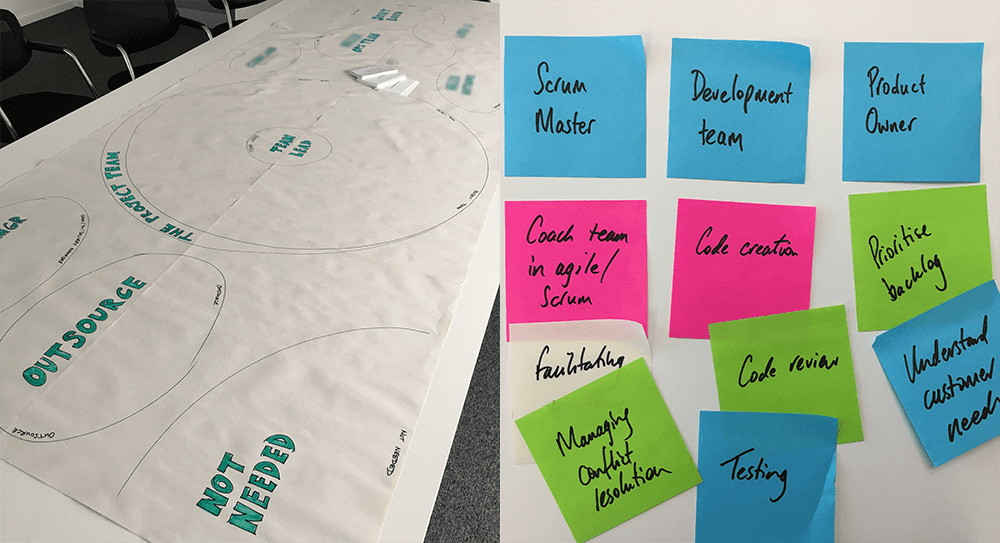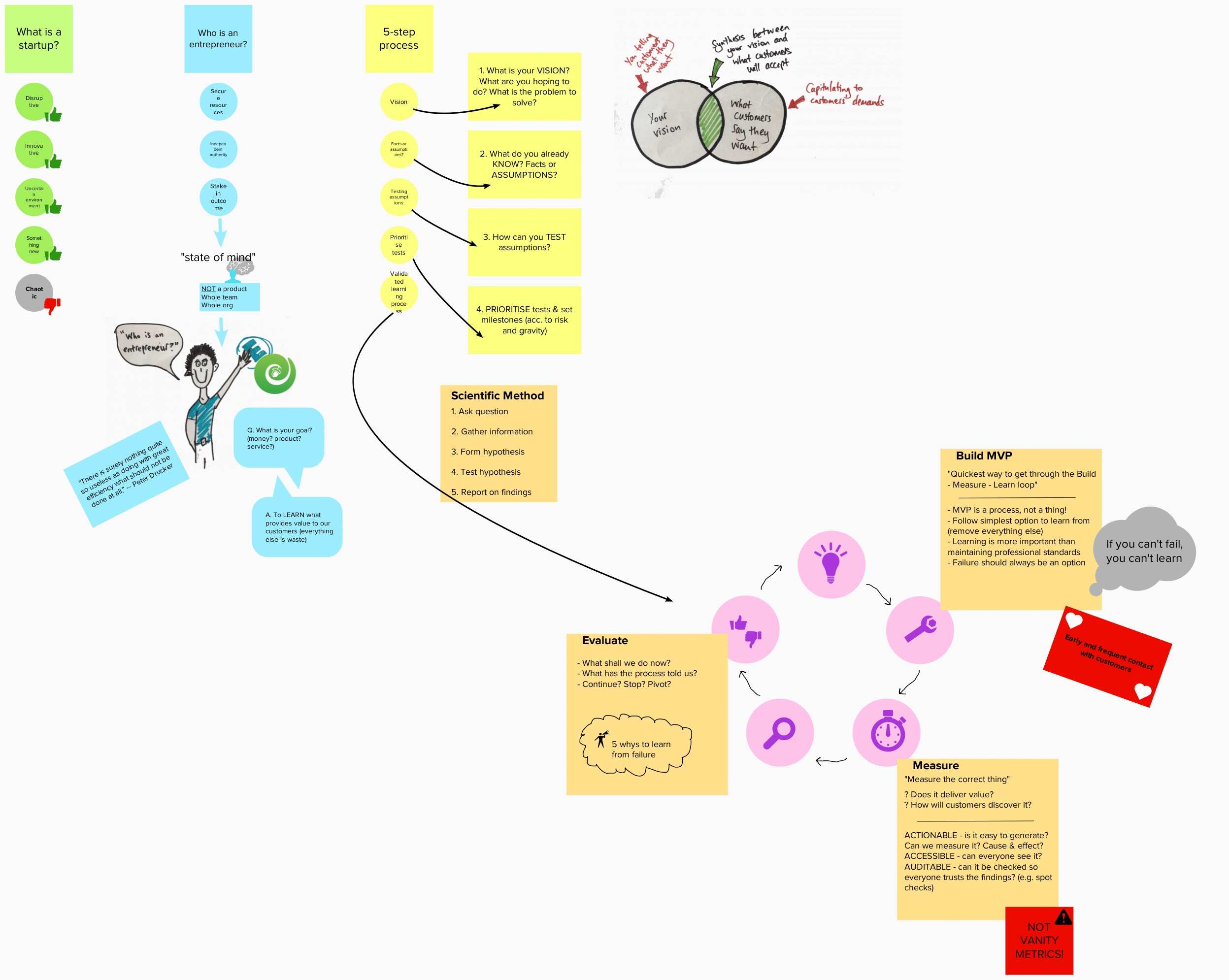Scrum Guide quiz
Chances are that you aced your CSM test (if you went on the 2-day course), but how well do you really know the Scrum Guide? I’m not talking about how well could you implement Scrum, just how well you know what is written on the 17 pages written by Ken Schwaber… Read More »Scrum Guide quiz







